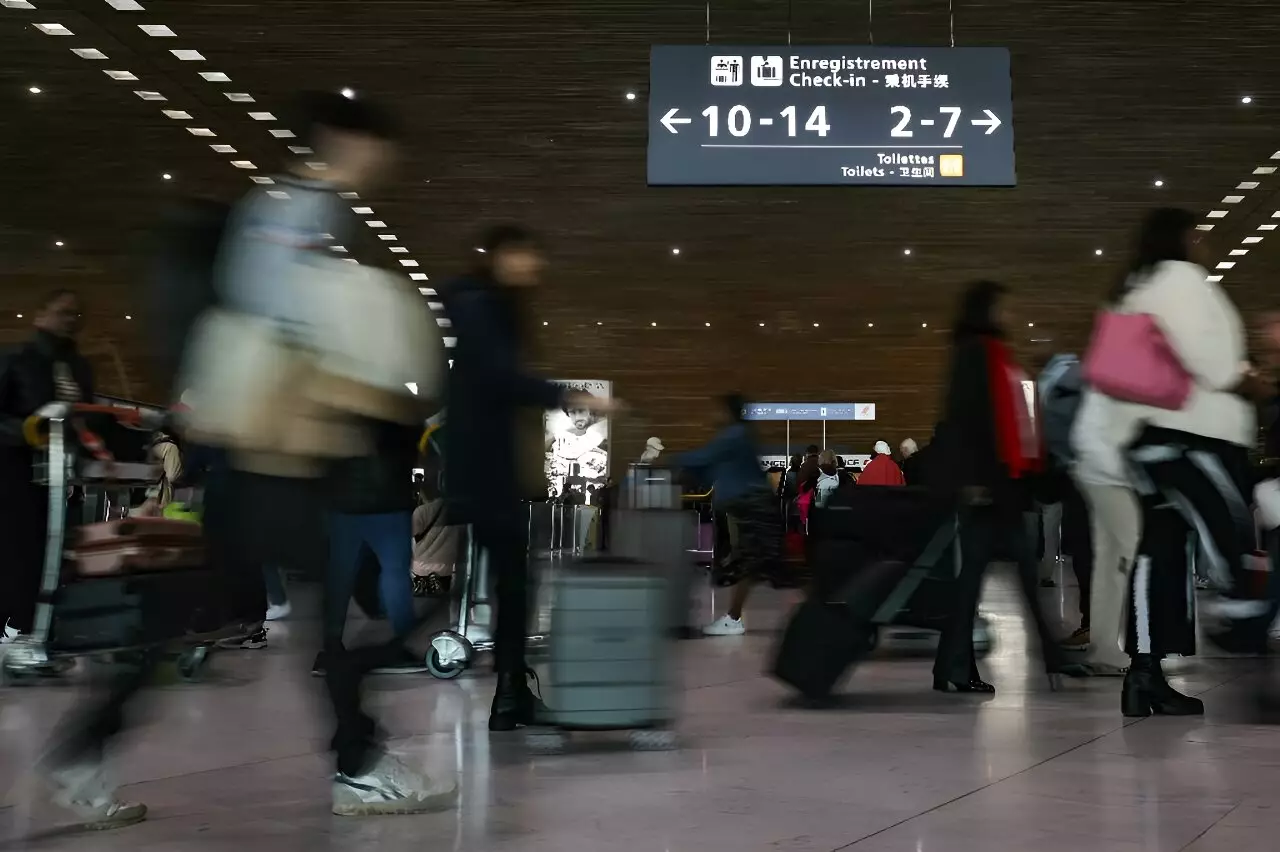The aviation industry is experiencing a revolution with the incorporation of artificial intelligence (AI) into various aspects of its operations. Although airlines are not replacing pilots with AI anytime soon, industry experts believe that AI technology is already transforming the way airlines conduct business. Julie Pozzi, the head of data science and AI at Air France-KLM, highlighted the immense potential of data and AI in the aviation sector. At the 80th meeting of the International Air Transport Association (IATA) in Dubai, airline executives are set to discuss upcoming AI projects and the latest trends in the industry. AI is viewed as a tool to enhance productivity, improve efficiency, and gain a competitive advantage in an industry marked by narrow profit margins.
AI is considered a new frontier in the aviation industry, offering an unprecedented acceleration of technological capabilities. Geoffrey Weston, a consultant specializing in the airline industry at Bain & Company, emphasized the importance of AI in rapidly delivering essential information to decision-makers amidst uncertainties. Air France-KLM has embarked on over 40 projects utilizing generative AI, with plans to implement a tool that can interact with customers in 85 different languages by 2025. Meanwhile, Paris Charles de Gaulle airport, operated by Groupe ADP, has introduced AI initiatives in collaboration with startups such as Allobrain and Wintics. These initiatives aim to enhance customer service, reduce wait times, and streamline airport operations through the innovative use of AI technologies.
As air travel continues to grow, the aviation industry faces several challenges, including overcrowded spaces and outdated operational practices. Jerome Bouchard, an aerospace expert, expressed the need for improvements in optimizing passenger experiences and streamlining airport processes. He suggested the potential use of facial recognition technology for airport security, but acknowledged the significant coordination and data synchronization required for its effective implementation. While modern aircraft boast advanced self-diagnostic and control systems that generate massive amounts of data, leveraging AI to enhance operational efficiency remains a complex task.
Despite the tremendous potential of AI in the aviation sector, industry leaders emphasize the irreplaceable role of humans in decision-making processes. Patrice Caine, the CEO of Thales, underscored the importance of human responsibility in piloting aircraft and making critical decisions. While AI can support and streamline various aviation operations, the ultimate accountability lies with human pilots and operators. The delicate balance between AI technology and human expertise is essential in ensuring the safety and efficiency of air travel.
The integration of AI in the aviation industry heralds a new era of innovation and efficiency. From enhancing customer service to optimizing airport operations, AI technologies offer promising solutions to longstanding challenges within the sector. However, the successful implementation of AI requires careful coordination, data synchronization, and a harmonious partnership between AI systems and human operators. As the aviation industry continues to evolve, the synergistic relationship between AI and human expertise will drive progress and shape the future of air travel.


Leave a Reply